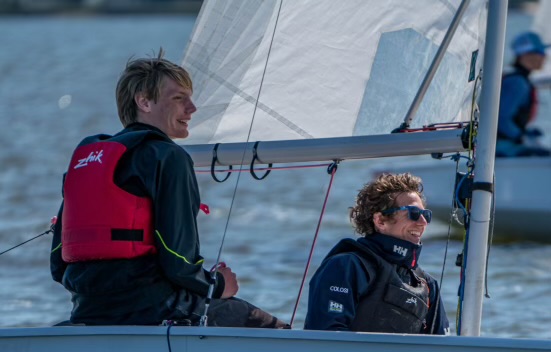When it comes to sailing, many people picture a big sailboat with rich old men cruising leisurely along the ocean. The competitive side of sailing, however, is often overlooked.
Junior Jack Colosi comes from a family of sailors. As a child, he sailed with his mom and grandparents, who owned a sailboat on Chesapeake Bay, near the Atlantic Ocean. In seventh grade, Colosi joined the White Bear Sailing School and began sailing competitively on the sailing school’s high school team.
When Colosi first joined, he immediately loved it, citing the team as helpful and uplifting. He also noticed the unique generational dynamic of the sailing community, with older, more seasoned sailors frequently interacting with younger sailors. “The traditions are passed down through the different people,” said Colosi. “The boats that [the older people] sail are then passed onto the newer generations and the newer people are taught by the older people.”
Among the different types of competitive sailing, Colosi does fleet racing, which involves identical boats racing against each other on a designated course.
One key component of his races is the relationship he has with his partner. Colosi sails on a 4.2-meter boat that is operated by two people: the skipper and the crew. As a skipper, Colosi steers and controls the larger mainsail, while his partner, the crew, controls the smaller jib sail.
Sailing with a partner takes a large amount of communication and synchronization. Together, Colosi and his partner must choreograph their movements from one side of the boat to the other to operate the vessel smoothly and move around various buoys on the course.
Many sailors switch partners almost every day, but Colosi prefers to stick with the same partner who he began sailing with two years ago — junior Kaitlyn Anderson from Stillwater. “I find I sail best if I’m sailing with the same person because we kind of get in a groove,” said Colosi. “I think it’s really important to have someone that you can be in sync with because sailing is […] all about how well in sync you and your crew can be — little changes you do together that can make the boat go a lot faster.”
Beyond the relationships, what really sets competitive sailing apart from other sports is its incredible mental challenge. “There’s so much stuff to be thinking about at once, like how should I be pulling in my mainsail? How should I be steering? What’s this other boat doing? Where should I start? How is the wind gonna shift? It’s just a lot of strategizing that you really have to do, and I think there’s so many complexities to it that I think are just really hard to get down,” said Colosi.
He adds that every race presents a unique situation, with varying wind and water conditions, and picking what strategy to use is far from straightforward. “At every moment you have like 15 options of what to do and it’s like 11 of those will be wrong,” said Colosi.
Training for these challenges requires intensive practice, which Colosi takes very seriously. During the competitive season, which lasts from April to October, he practices four or five times a week for up to three hours per day. Training sometimes consists of practice races, drills or lessons about boat mechanics.
Colosi also sails in state races once a week and competes against other high school teams in the area, including Minnetonka and Minneapolis. One notable accomplishment is his 1st place finish at the Brad Robinson Victory Regatta last summer. He also attends national-level races, such as the C420 race in the upper-level high school division or the Melges Midwinter Series in Florida.
Beyond his own training, Colosi has extended his sailing journey and begun teaching little kids how to sail during the summers. “I really enjoy sailing myself, and I really wish I would have found it earlier in life, because I think I really would have enjoyed it, so [I enjoy] being able to share that with younger people and maybe getting a spark to start in them and to continue sailing,” said Colosi.
Colosi hopes to sail competitively in college at the varsity level and to continue teaching younger sailors. For him, sailing is not just a leisure activity, but rather a rewarding intellectual challenge and lifelong sport. “It just feels so good once you get it right. If you just have a perfect race where everything is strategized, and you’re just on top of it, then that’s just the best feeling in the world,” said Colosi.












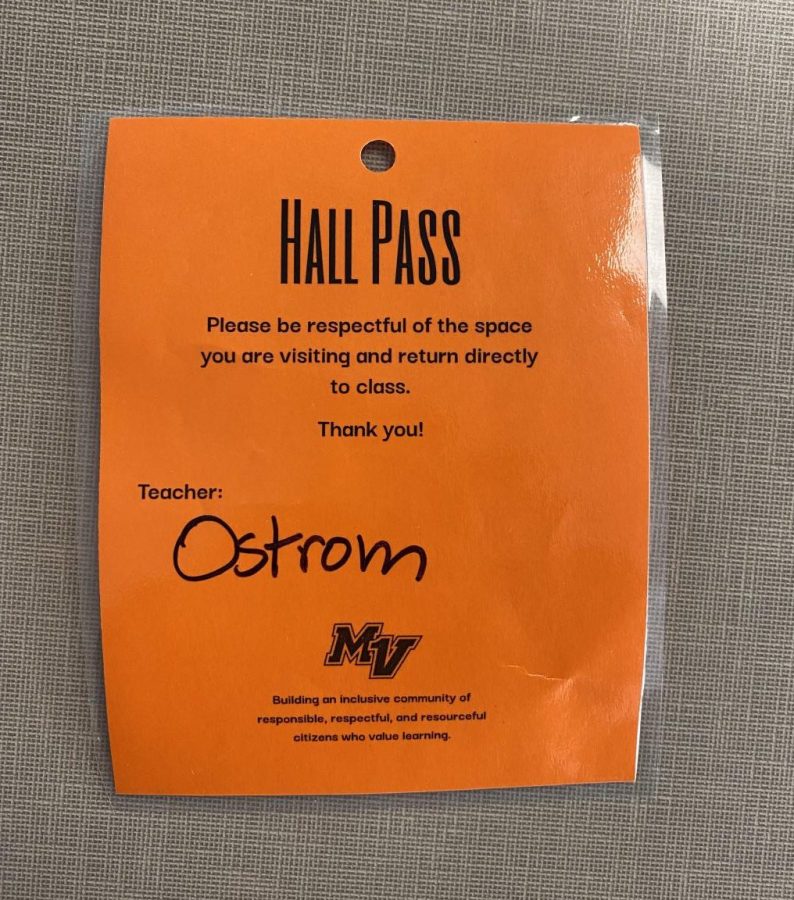


![[DEBATES] Prestigious colleges: value or hype?](https://www.mvviewer.org/wp-content/uploads/2024/12/buildings-1200x654.png)



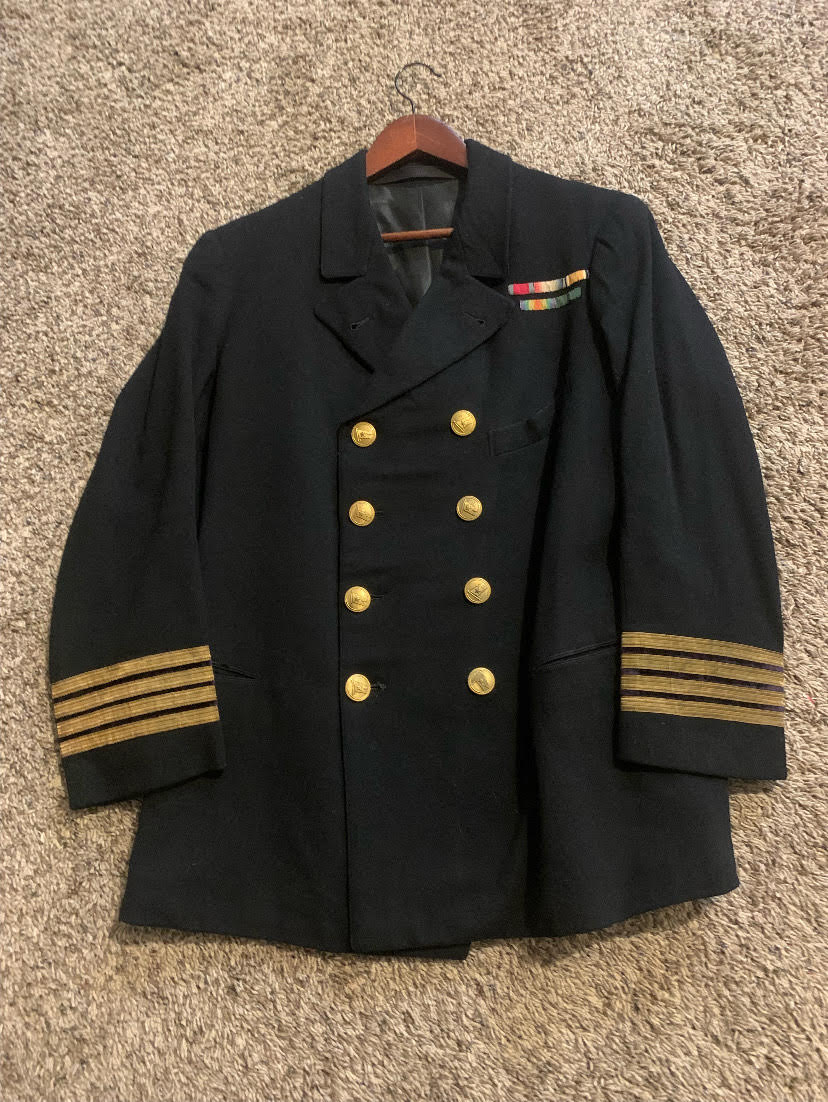

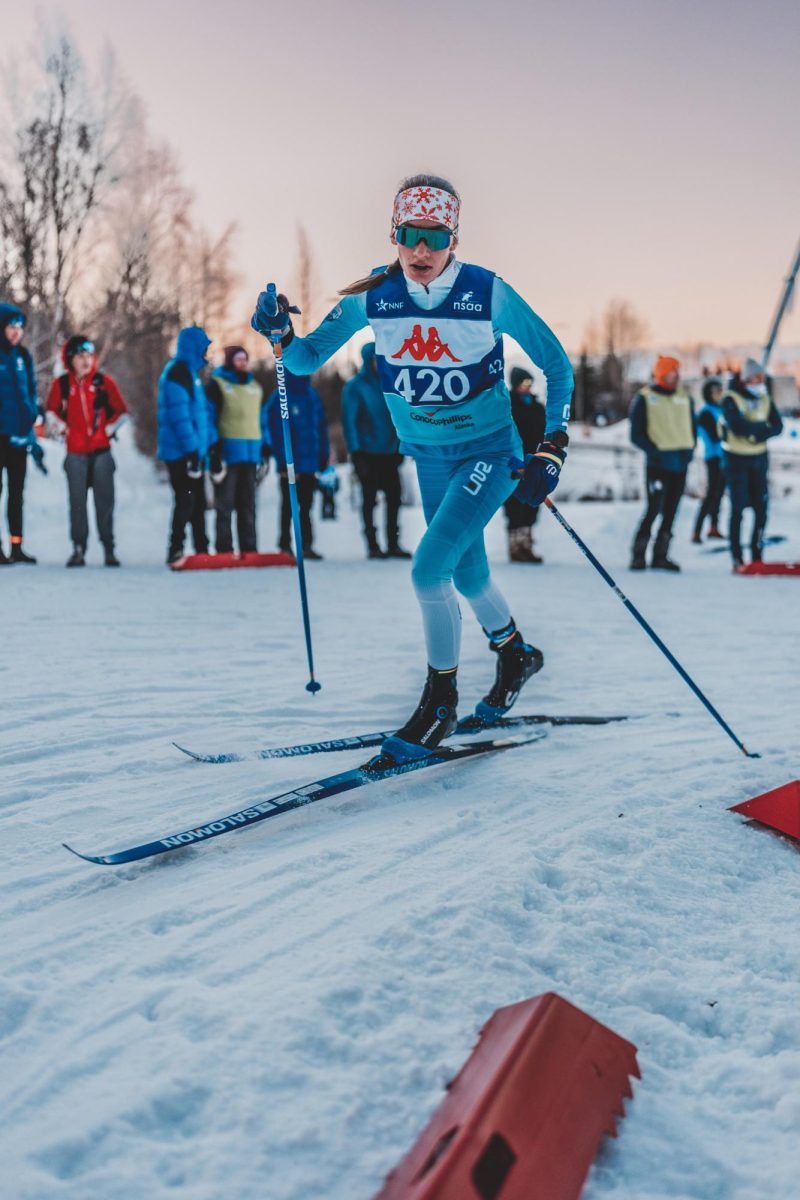


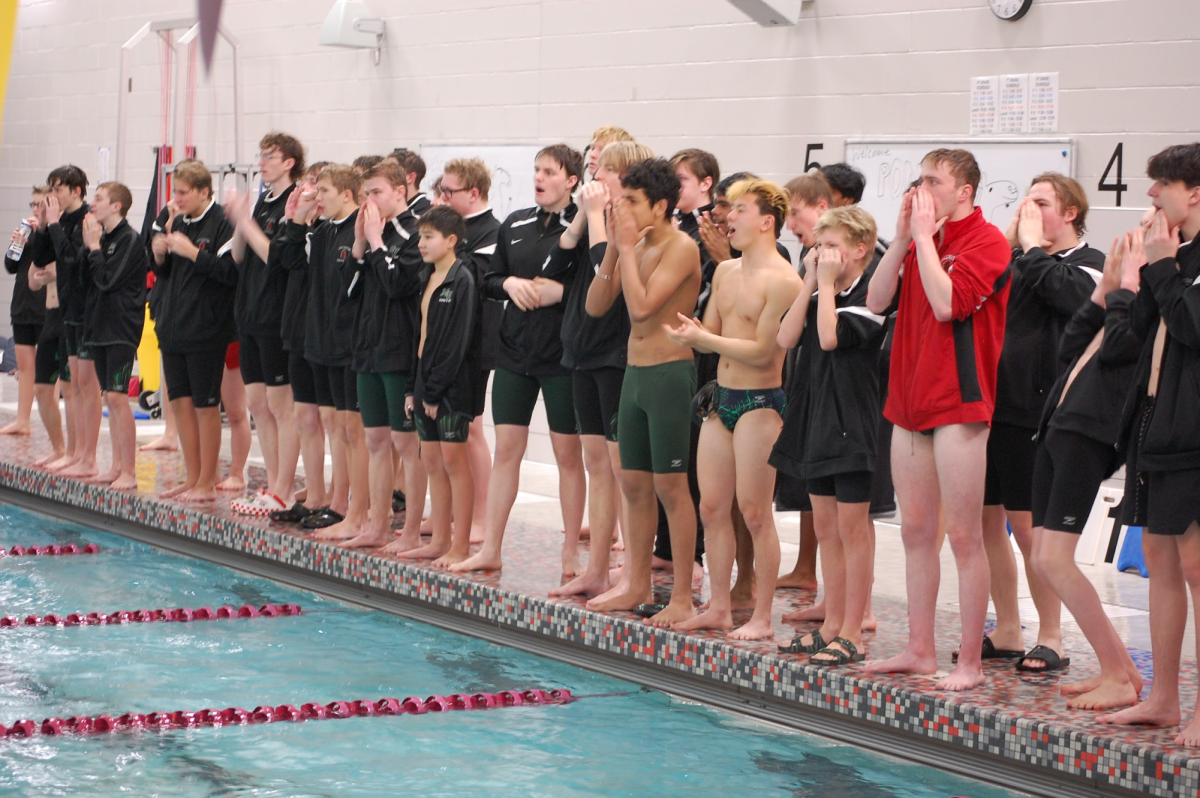
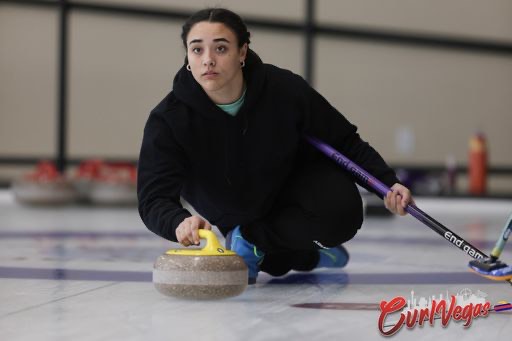






















![[OPINION] The dark origins of TikTok's looksmaxxing trend](https://www.mvviewer.org/wp-content/uploads/2024/02/Copy-of-Copy-of-Untitled-Design-1200x675.png)









